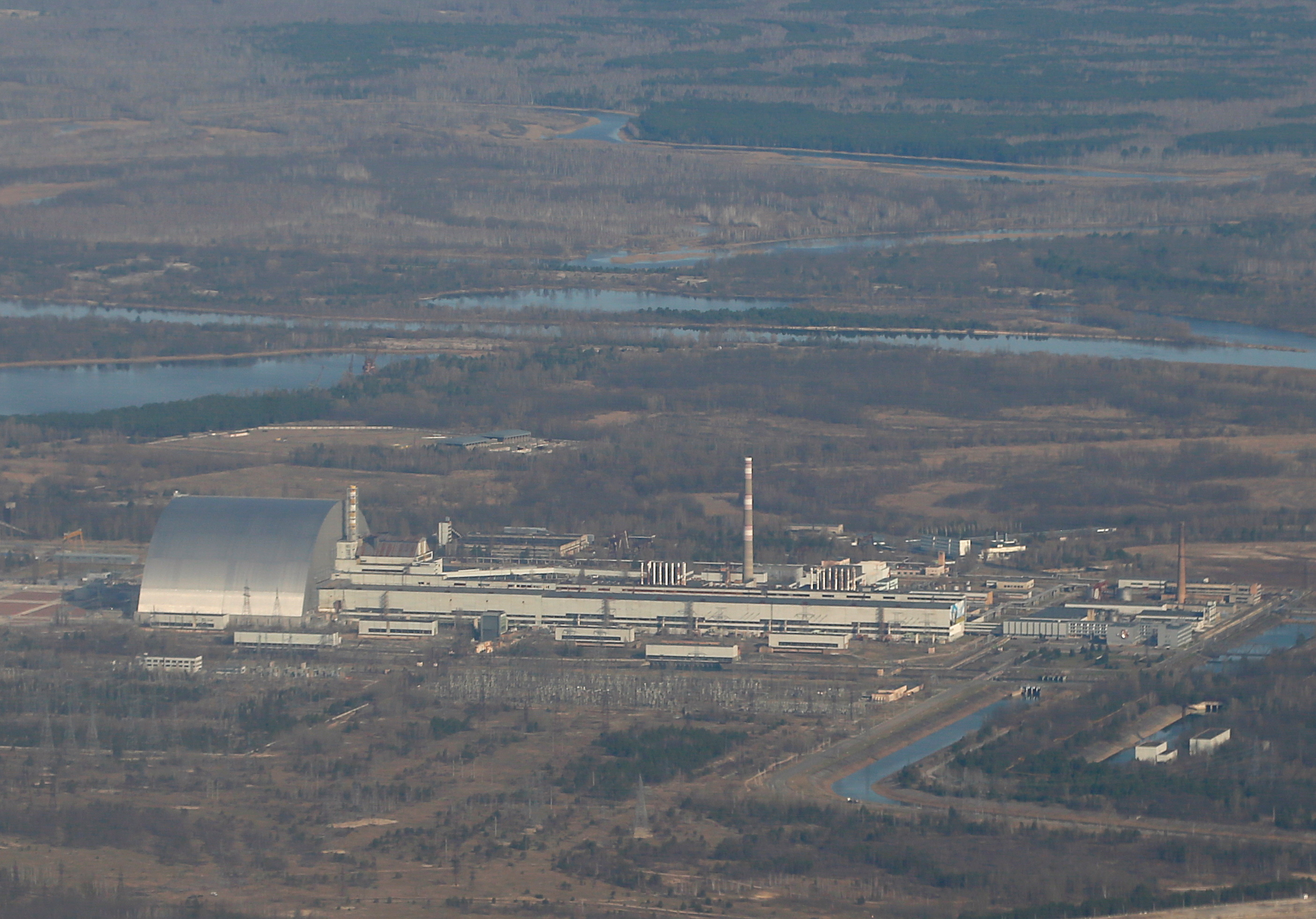The Chernobyl Disaster
The Chernobyl disaster was the worst nuclear power plant accident in history. It occurred on April 26, 1986, at the Chernobyl Nuclear Power Plant in Ukraine, which was then part of the Soviet Union. The disaster was caused by a combination of factors, including a flawed reactor design, inadequate safety procedures, and human error.
What Happened
On the day of the accident, a team of engineers at the Chernobyl plant was conducting a safety test on one of the reactors. The test involved reducing the reactor's power output to very low levels. However, the engineers made a series of mistakes, which caused the reactor to become unstable. The reactor's power output suddenly surged, and the reactor exploded.
The explosion released a massive cloud of radioactive material into the atmosphere. The cloud spread across Europe, contaminating millions of acres of land and displacing hundreds of thousands of people. The disaster also had a devastating impact on human health, causing thousands of deaths and cases of cancer.
The Aftermath
The Soviet government initially tried to cover up the Chernobyl disaster. However, news of the disaster eventually leaked out, and the international community was shocked. The disaster had a profound impact on the Soviet Union, and it is considered to be one of the factors that contributed to the collapse of the Soviet Union in 1991.
The Chernobyl disaster also had a major impact on the nuclear power industry. In the years following the disaster, many countries tightened their safety regulations and increased their investment in nuclear safety research.
The Impact on Human Health
The Chernobyl disaster had a devastating impact on human health. The radioactive material released into the atmosphere caused thousands of deaths and cases of cancer. The most common type of cancer caused by the Chernobyl disaster is thyroid cancer.
The disaster also had a significant impact on the health of children. Children are more susceptible to radiation poisoning than adults, and they are also more likely to develop cancer as a result of radiation exposure.
The Impact on the Environment
The Chernobyl disaster also had a major impact on the environment. The radioactive material released into the atmosphere contaminated millions of acres of land and water. The contamination made it impossible for people to live in some areas, and it also had a negative impact on agriculture and wildlife.
The Chernobyl Exclusion Zone is a 1,000-square-mile area around the Chernobyl Nuclear Power Plant that is still highly contaminated with radiation. The exclusion zone is uninhabitable, and it is expected to remain so for hundreds of years.
The Legacy of Chernobyl
The Chernobyl disaster was a defining event in the history of nuclear power. It showed that even the most advanced nuclear power plants can fail, and it had a devastating impact on human health and the environment.
The Chernobyl disaster also led to a number of changes in the nuclear power industry. Countries tightened their safety regulations and increased their investment in nuclear safety research. The disaster also led to a decline in public support for nuclear power.
Conclusion
The Chernobyl disaster was a tragedy that had a profound impact on the world. It was a reminder of the dangers of nuclear power and the importance of nuclear safety. The disaster also led to a number of changes in the nuclear power industry.
Additional Information
- The Chernobyl Nuclear Power Plant had four reactors. The accident occurred at Reactor 4.
- The radioactive material released into the atmosphere by the Chernobyl disaster included iodine-131, cesium-137, and strontium-90.

- The Chernobyl Exclusion Zone is the most contaminated area in the world.

- The Chernobyl disaster is estimated to have caused up to 9,000 deaths.
- The Chernobyl disaster is also estimated to have caused hundreds of thousands of cases of cancer.
Lessons Learned from the Chernobyl Disaster
The Chernobyl disaster was a preventable tragedy. It was caused by a combination of factors, including a flawed reactor design, inadequate safety procedures, and human error. The disaster has taught us a number of important lessons about nuclear safety, including:
- Nuclear reactors should be designed with safety in mind.
- Nuclear power plants should have adequate safety procedures in place.
- Nuclear power plant operators should be properly trained.
- Governments should have a plan in place to respond to nuclear accidents.
The Chernobyl disaster is a reminder of the dangers of nuclear power and the importance of nuclear safety. The lessons learned from the Chernobyl disaster must never be forgotten.






























